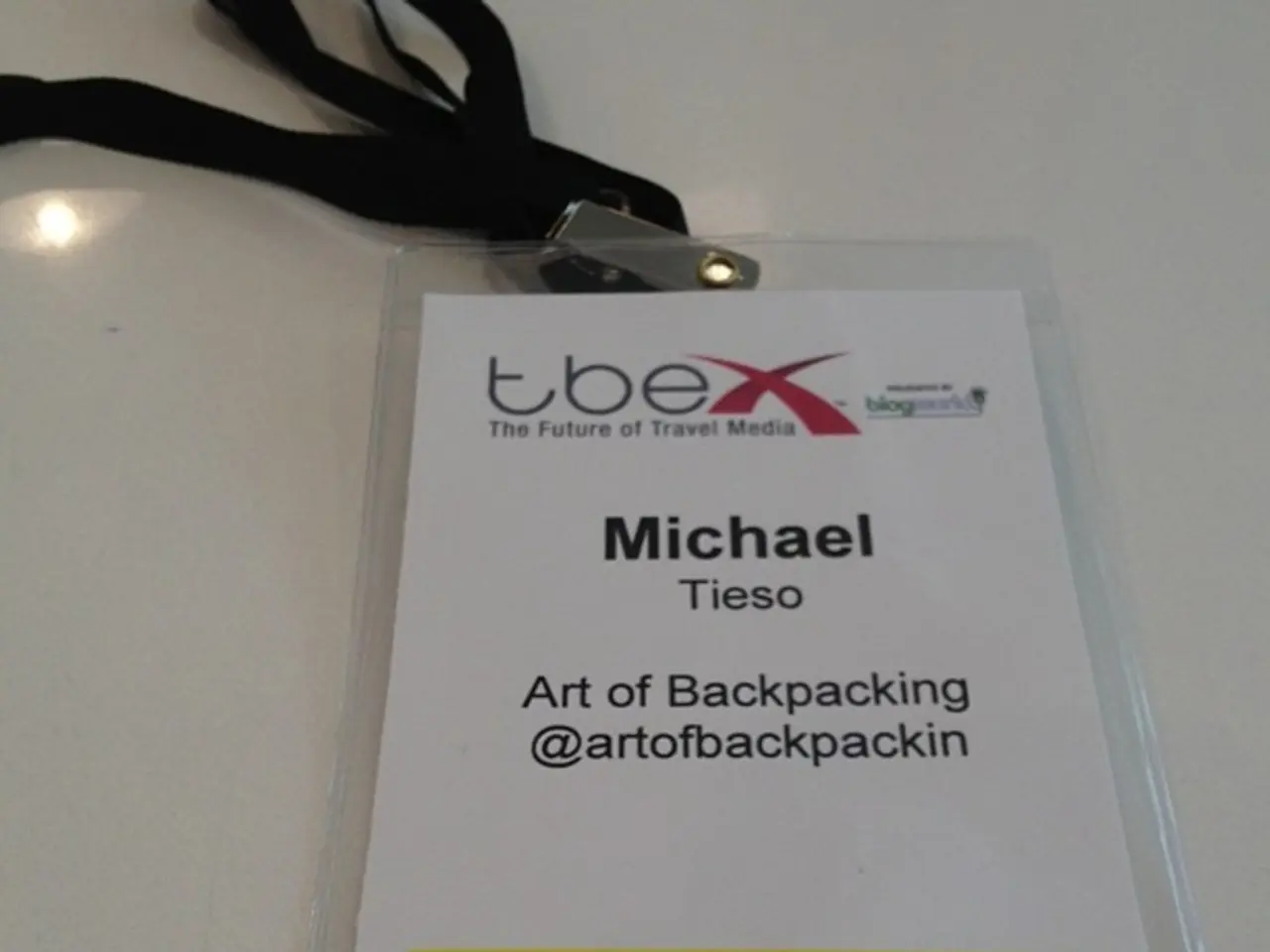Agencies Unveil Warning Signs They Consider When Assessing Potential Business Ventures
In a notable shift within the advertising industry, creative agencies are increasingly refusing to transfer ownership of intellectual property (IP) presented during pitches to clients. This change in practice has been sparked by discussions between industry leaders, such as Coinbase CEO Brian Armstrong and The Martin Agency CEO Kristen Cavallo, who have brought the issue into the spotlight.
The conversation between Armstrong and Cavallo, as highlighted by a series of tweets and replies, focused on the ownership of intellectual property in the context of a pitch. The dialogue shed light on a new business process, where agencies are expected to clarify IP ownership before, during, or after pitch presentations by executing written agreements or terms of engagement.
According to sources interviewed for this story, it is now common practice for creative agencies to refuse to transfer IP ownership during a pitch. One source stated that they have not been involved in a pitch where the agency did not have to transfer IP ownership to the brand, but this is rapidly changing.
In the industry, clarity through contracts is strongly encouraged to protect both parties and avoid costly disputes. The agency typically retains ownership of any pre-existing IP or proprietary tools unless explicitly transferred or licensed through a contract. However, in the absence of a contract, IP ownership of creative materials produced specifically for a pitch can be ambiguous, varying by jurisdiction and the specifics of the arrangement.
Many agencies expect that ideas presented in a pitch remain their property unless a formal agreement or payment is made for those ideas, but this is not always universally acknowledged by clients. There is a growing movement in the industry for more equitable treatment of agencies, led by figures such as Cavallo and Armstrong, but this has not yet resulted in a widespread shift in client-agency dynamics at the pitch stage.
The majority of creative agencies interviewed for this story have expressed a reluctance to transfer IP ownership during a pitch. In the context of a media pitch, agencies may still be required to transfer IP ownership to the brand, according to sources.
Leading voices in the industry often advocate for fairer practices, where agencies are compensated for pitching work or where IP rights are clearly defined in advance. However, the default in many markets remains tilted toward clients, who may feel entitled to use pitch ideas without compensation unless specified otherwise in writing.
Agencies are increasingly educating their clients about the value and ownership of creative ideas, especially in pitch scenarios, to foster mutual respect and fair treatment. Best practices for agencies include documenting everything, registering and protecting IP, and securing written agreements with freelancers and third-party contributors to ensure the agency maintains clear ownership of all deliverables.
Without such agreements, agencies risk losing control over their creative assets, and clients risk legal uncertainty. The current industry stance emphasizes the importance of clear contracts and documentation to define IP ownership during creative agency pitches. While there is no universal standard, best practices strongly favor upfront agreements to protect the rights of both agencies and clients.
In the context of a pitch, creative agencies are increasingly refusing to transfer ownership of intellectual property (IP) to clients, favoring upfront agreements to protect their rights. Moreover, industry leaders like Brian Armstrong and Kristen Cavallo advocate for fairer practices in business, including the ownership of intellectual property in the technology sector.




